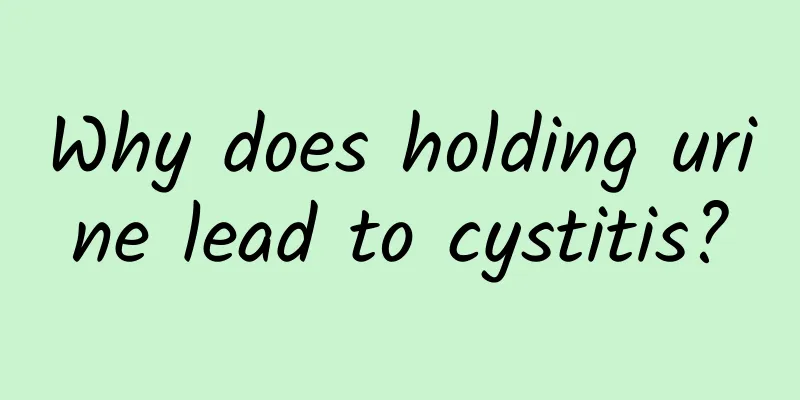What time at night is best to take Chinese medicine?

|
In our lives, when the body suffers from some diseases, drug treatment is necessary. Nowadays, people often have two choices of medicines to treat diseases. The first is to choose Western medicine, which is quick to take effect but has some side effects. The second is to choose Chinese medicine, which is mainly for conditioning and takes a longer time to take effect. As people gain a deeper understanding of traditional Chinese medicine, it has been accepted by many people. So, what is the best time to drink Chinese medicine at night? There are many things to pay attention to when taking Chinese herbal decoctions (methods, time, and care) Time to take medicine 1. Take before meals: Generally take the medicine 30 to 60 minutes before meals. If the disease is located in the lower part of the body, the medicine should be taken before meals so that the medicinal properties can be easily delivered to the lower part of the body, such as liver and kidney deficiency or diseases below the waist. For the treatment of intestinal diseases, it is also advisable to take medicine before meals, because when the stomach is empty, the liquid medicine can directly contact the gastrointestinal mucosa and pass through the stomach into the intestine more quickly, so that more of it can be absorbed and exert its effect, without being diluted by food in the stomach and affecting its efficacy. 2. Take after meals: Generally take the medicine 15 to 30 minutes after meals. If the disease is located in the upper part of the body, the medicine should be taken after meals. For treating diseases of the heart, lungs, chest, diaphragm, and stomach, taking the medicine after meals can allow the medicinal properties to move upward. Drugs that are irritating to the gastrointestinal tract can reduce damage to the gastrointestinal mucosa by taking them after meals. Drugs with higher toxicity should also be taken after meals to avoid side effects due to too rapid absorption. 3. Take between meals: that is, take the medicine between meals to avoid the influence of food on the medicine. Medicines for treating spleen and stomach diseases should be taken between meals. 4. Take on an empty stomach: Decoctions with nourishing effects should be taken on an empty stomach in the morning to facilitate full absorption. Drugs used to deworm or treat limb blood vessel diseases should also be taken on an empty stomach, so that the drugs can enter the intestines quickly and maintain a high concentration to quickly exert their effects. The same applies to decoctions with laxative effects to enhance their efficacy. 5. Take before bed: Generally take it 15 to 30 minutes before bedtime. After taking the medicines that nourish the heart and spleen, calm the mind, and induce sleep, as well as those with stagnation, chest and diaphragm diseases, etc., it is advisable to lie on your back; if you have head, mouth, or ear diseases, you should lie down without a pillow after taking the medicine; when you have symptoms on the left or right ribs, after taking the medicine, you should choose a sleeping position according to the ascending and descending effects of the medicine. If the medicine has an ascending effect, you should choose to lie on the healthy side; if the medicine has a sinking effect, you should choose to lie on the affected side. 6. Overnight take: Mainly refers to anthelmintics, which should be taken once before going to bed and again on an empty stomach the next morning in order to kill the worms and excrete them out of the body. It is worth noting that for acute and serious illnesses, medications should be taken as soon as possible or frequently (every 1-2 hours) regardless of time, while for chronic diseases, medications should be taken on time. In short, the time to take Chinese medicine should be determined according to the condition and the nature of the medicine. The principle is to maximize the preventive and therapeutic effects of drugs and reduce adverse reactions. |
<<: Chinese medicine for nourishing ovaries
>>: Can bananas cure facial allergies?
Recommend
Can I eat chili peppers if I have rhinitis?
Rhinitis is mainly a nasal problem, so people wit...
TCM treatment of rectal prolapse
There are two treatment methods for rectal prolap...
What are the Chinese patent medicines for removing cold and dampness in the lower abdomen?
Cold and dampness in the lower abdomen is a commo...
What to do if foreign objects enter baby's nose
Babies are innocent and lively, and they usually ...
TCM treatment of skin diseases
Many people suffer from sudden or recurring skin ...
What to do if a one-year-old child has diarrhea
Diarrhea is a common condition in the human body....
How to remove hepatic duct stones
The stones in the human body are mainly formed by...
What are the symptoms of rheumatoid arthritis?
Diseases like rheumatoid arthritis are very commo...
The efficacy and function of raw Morinda officinalis
Morinda officinalis is a relatively commonly used...
Itchy skin caused by liver disease
Liver disease generally does not cause skin itchi...
Can neurosis be cured?
The so-called neurosis is actually a symptom of d...
How to make crispy corn, three ways to make sweet crispy corn
Crispy corn is a popular snack with a crispy text...
What are the medicinal values of angelica
In our daily lives, there are many common Chinese...
What are the early symptoms of multiple myeloma?
Multiple myeloma has a great impact on the patien...
When using air conditioning in summer, don’t ignore these little things
In the summer, the temperature is high and the su...









